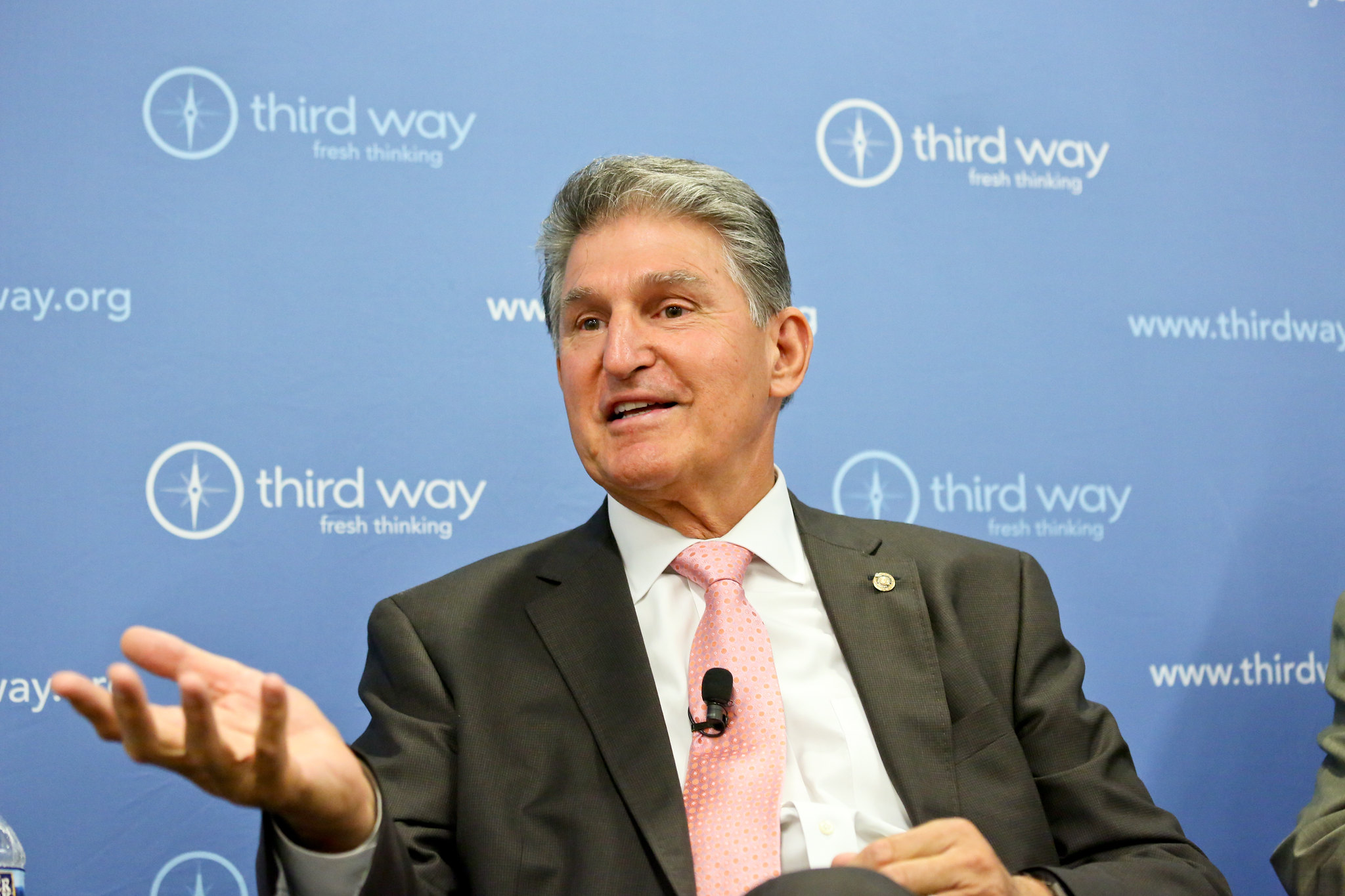WASHINGTON (Transatlantic Today) – According to 3 sources familiar with the talks, Democratic Senators are close to agreeing to reduce the price of prescription drugs as part of a bigger party-line plan to promote a range of President Joe Biden’s economic initiatives.
One of the insiders said that Democrats intend to deliver a “finalized agreement” on enabling Medicare to bargain rates with pharmaceutical firms to a senior Senate member “in the coming days” so the official can determine whether it fits with the chamber’s stringent budget rules.
The insider, who wished to remain anonymous to discuss private discussions between Sen. Joe Manchin of West Virginia and Senate Majority Leader Chuck Schumer of New York, described the anticipated action as “major progress” that demonstrates the desire of the Democratic leadership to advance with a bill on the floor as early as next month.
The other significant components of the “reconciliation” package—climate and energy policy features and tax reforms to create revenue—are still being discussed by Manchin and Schumer, so there is no final agreement on the larger plan. It would be challenging to pass the law before the planned month-long August break unless a deal can be promptly achieved.
According to Manchin’s office, there is agreement on drug prices and a plan for moving forward.
The upcoming agreement would enable Medicare to effectively negotiate prescription drug costs starting next year to reduce expenses for consumers, according to a summary of the clauses acquired by NBC News. Medicare beneficiaries’ out-of-pocket expenses would be limited to $2,000 per year, and the ceiling might be divided into monthly payments. Additionally, it would enact a new “inflation rebate” policy requiring drug corporations to reimburse customers for price increases that are higher than inflation.
The agreement would also increase copay and premium assistance for low-income people, provide free vaccines for elderly, add new benefits for insurance companies and drugmakers to cap drug price increases, and make sure the Department of Health and Human Services always bargains for the greatest number of eligible drugs. If a pharmaceutical business continues to stifle generic competition, discussions to cut pricing would also be necessary, according to the report.
Manchin opposed the Build Back Better Act that the House enacted in December but subsequently said he was open to a more condensed version that included tax increases on businesses and the wealthiest Americans as well as medication savings and energy and climate policies. Since then, the Senate has not taken any action.
Weeks of secret conversations between Manchin and Schumer have left many Democratic senators feeling like they were left out.
According to one of the individuals, Democrats are submitting the drug measures to the Senate parliamentarian, who assesses if they comply with obscure budget rules, since they are aware of the limited time available and want to be prepared to move swiftly if a larger agreement becomes available. The Washington Post was the first to report on their plans to achieve that.
The breadth of subsidies for electric vehicles or whether to allow organizations to access money directly rather than through major financial institutions are the two main outstanding concerns on the energy front, according to a different source.
It’s unclear if the agreement would include improved Affordable Care Act subsidies to shield millions of people from premium increases.
Provisions like paid leave, child care, and cash payouts for raising children are unlikely to be included in any agreement, which would aim to avoid a Republican filibuster under a special budget process, as Manchin, an essential vote in the 50-50 Senate, has stated that those concerns should be handled through the standard 60-vote process.
Republicans have made it quite clear that they won’t cast any votes in support of a measure designed to further President Biden’s safety-net objective. Senate Minority Leader Mitch McConnell, a Republican from Kentucky, has criticized the Democrats’ exclusive reconciliation plan as a “tax and spending spree” and expressed his hope that the group wouldn’t bring it back.


























